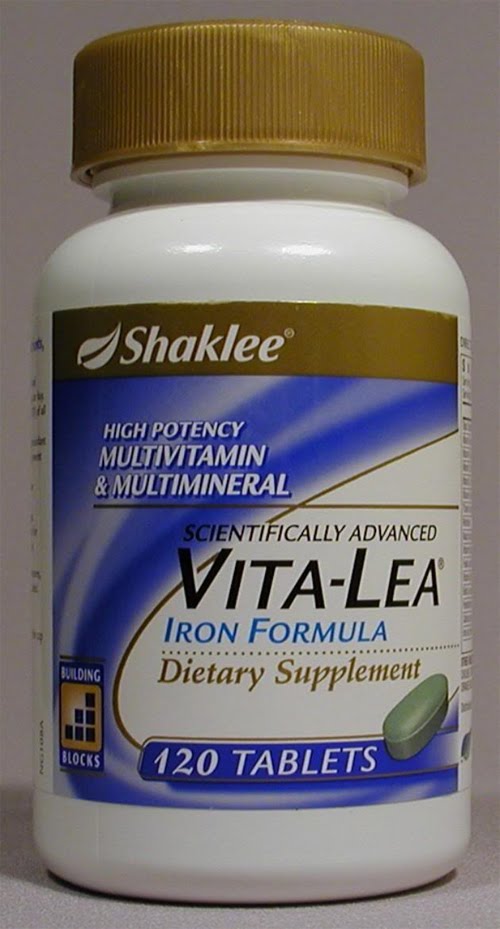Updated November 2024
►APPROVED OB/GYN MEDICATIONS & PRODUCTS is a USA-only list reviewed by STAR-K for year-round use. IT IS NOT A PASSOVER LIST.
►The list includes kosher approved products that are often prescribed by an OB/GYN.
►Products are approved only when sold in the United States in the indicated form (e.g., caplets, tablets).
►Premarin, Prempro and Prometrium, which are not kosher medications, are not included in the list. These are addressed in the STAR-K Kashrus Guide for the OB/GYN Patient article on this site.
►Company names are indicated for prescription drugs.
►The list indicates only the kosher status of a product. With respect to the use of any particular product due to other halachic issues, a rav should be consulted.
►Consult your physician before taking any medication.
Related Articles and Lists
STAR-K Kashrus Guide for the OB/GYN Patient
The STAR-K OTC Medicine List: Understanding How the List was Compiled






 STAR-D
STAR-D STAR-S
STAR-S